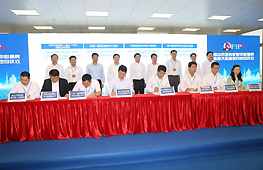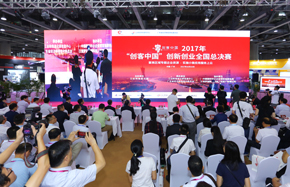Moot court held at Shanghai International College of Intellectual Property
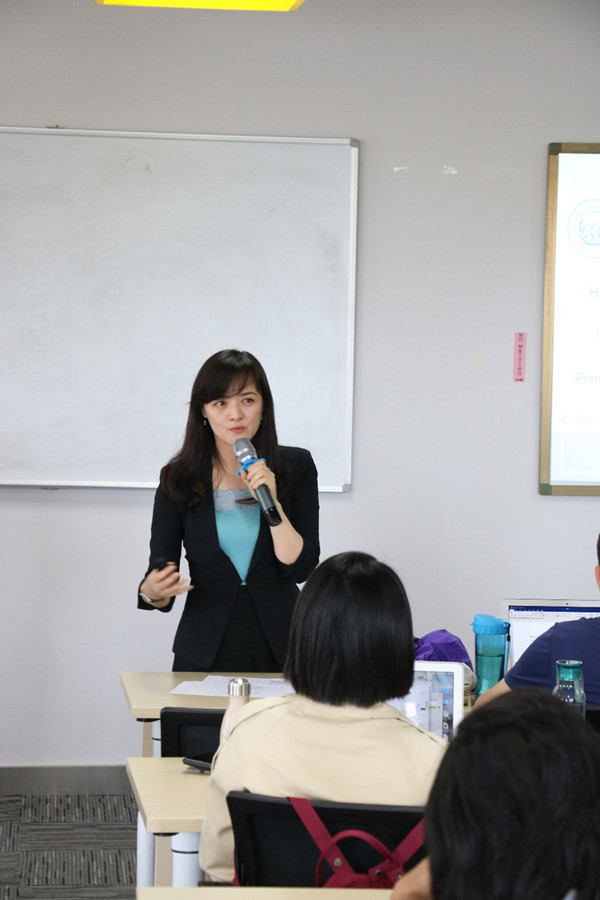 |
|
Judge Wang Jing lectures on judicial protection of IPRs and procedures of IP litigation in China to students. [Photo/tongji.edu.cn] |
A delegation of judges from Shanghai High People’s court and Shanghai Intellectual Property Court were invited to help organize a moot court for students at Shanghai International College of Intellectual Property (SICIP) of Tongji University, on May 10.
The delegation included Wang Jing, Kong Liming and Chen Jialiang, all of whom are judges from Shanghai High People’s Court, as well as Xu Fei and Jiang Linhao, both of whom are from Shanghai Intellectual Property Court.
Before the moot court, Judge Wang Jing made an overview on judicial protection of IPRs in China and the procedures of IP litigation in China, including the structure of China’s IP court system, basic information about IP civil litigation, IP administration litigation and IP criminal litigation in China, and the source of laws and judicial guidance of IP cases, the procedures of IP cases, and other related issues.
Next, the four judges and the court clerks conducted a moot court in the case of “Michelin Group Headquarters v. Shanghai Hezhou Advertising Co for Trademark Infringement”. It was divided into five stages –– trial preparations, court investigation, court debate, final statement, case review and adjudication.
The moot court vividly demonstrated the cross-examination and debate between the plaintiff and defendant. The plaintiff claimed that the defendant had published articles on commercial publications in its magazines and websites, in which many of the tires manufactured by the plaintiff and logos similar to the plaintiff’s trademark have been used. The activities seriously misled consumers, damaged the plaintiff’s goodwill and infringed the plaintiff’s trademark rights, it was argued.
Therefore, the plaintiff requested damages of 500,000 RMB. But the defendant argued that it does not constitute an infringement of trademark rights, because the logo concerned was different from the plaintiff’s trademark and the category it used was also different from the category of the goods approved by the plaintiff’s trademark. Even if it constituted infringement, the plaintiff was not damaged by it and the defendant’s magazine did not profit from it. In addition, it had been stated in the magazine that it was a parody and would not cause confusion to consumers.
Finally, the four judges summarized the skills required to act as a judge, a plaintiff, a defendant, and expert witnesses in moot court –– greatly improving the proficiency of the group of IP students.
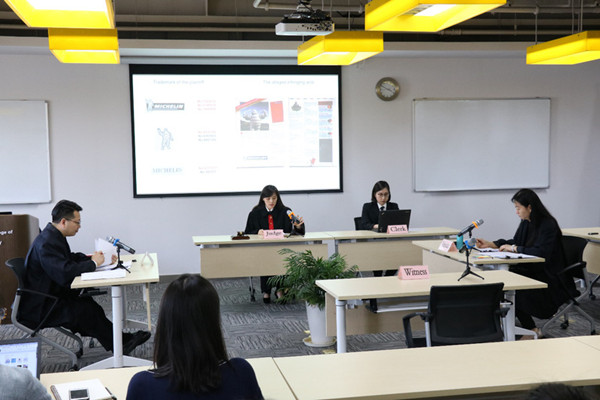 |
|
A moot court is organized for IP students at the International College of Property of Tongji University. [Photo/tongji.edu.cn] |
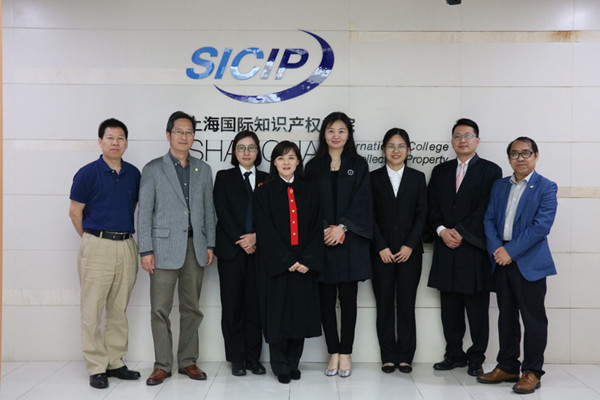 |
| Representatives of the college pose for a photograph with the judges. [Photo/tongji.edu.cn] |









